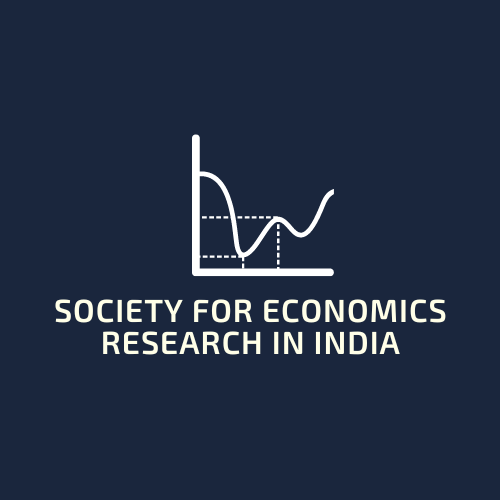Preferences or Expectations Understanding the Gender Gap in Major Choice
Authors: Aparajita Dasgupta, Anisha Sharma
Abstract: What explains the low enrolment of women in science and economics? We combine administrative and survey data on a sample of high-income workers in India who have completed the same elite graduate programme to estimate the return to studying different undergraduate degrees – across science, business and economics, and the humanities. We find evidence of a large earnings premium to studying science and economics, yet disproportionately low female enrolment in these subjects. Using data on the subjective expectations of undergraduate students who are in the process of selecting a major, we model major choice as a function of major-specific and job-specific attributes. We identify significant gender differences in the preferences for different attributes as well as in the expectations of future outcomes, especially of grades. Women are willing to pay twice as much as men for course enjoyment and higher grades, even as they expect lower grades in science and economics. This suggests that in addition to pervasive norms about which subjects are better suited for women, women also suffer from a relative confidence gap in their major-specific abilities.
